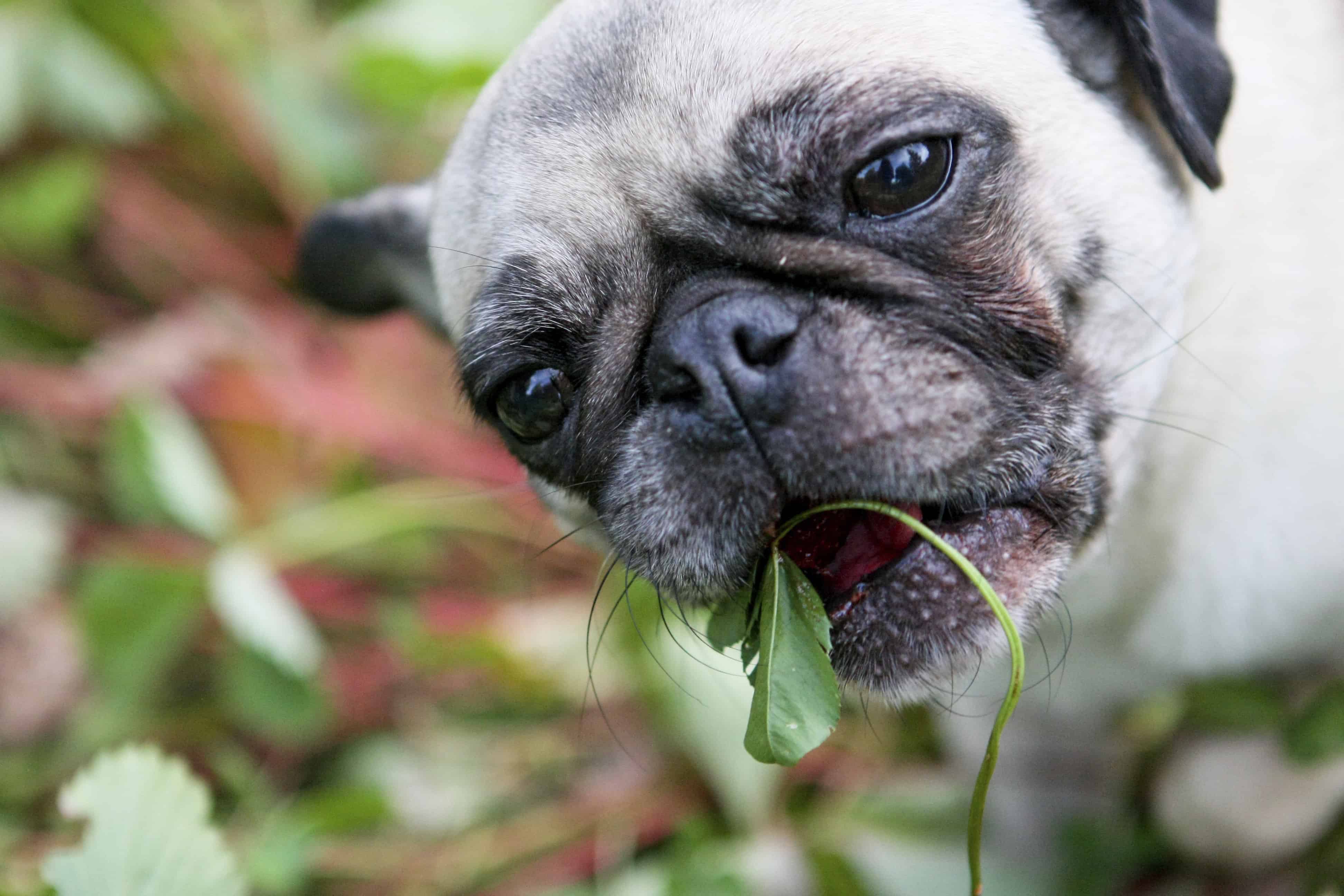Summer Safety: Steer Clear of Summer Pet Toxins
 Summer is a great time to be out and about, and who better to share the season with than your pets? With all the fun activities of the summer months, though, come some unique hazards. Ingestion of various toxins happen a lot during this time of year, so it’s best to learn what common summer pet toxins are out there so that you can steer your pet clear.
Summer is a great time to be out and about, and who better to share the season with than your pets? With all the fun activities of the summer months, though, come some unique hazards. Ingestion of various toxins happen a lot during this time of year, so it’s best to learn what common summer pet toxins are out there so that you can steer your pet clear.
Flea and Tick Medications as Toxins
As you know (we hope!), fleas and ticks are out and about during the summer months. And while it is important to protect your pet against these disease-carrying critters, it is just as important to select a safe and effective product.
Many parasite control options are on the market these days, both as a prescription and over the counter. Please ask us for advice when choosing one, as they are not all created equal. Some carry a higher likelihood of adverse effects and can cause reactions in sensitive animals.
Also be sure to read the label carefully before administering a flea and/or tick preventative to your pet. Most are dosed according to weight. Be sure that the product you are using matches your pet’s weight to avoid an overdose. Also be sure that if you are using the product for a cat that it is labeled for cats. Some of these medications contain pyrethrins which are toxic to cats.
Outdoor Plant Pet Concerns
As you enjoy the great outdoors, keep an open eye for potentially toxic plants. Be sure that you stop Fido from nibbling on:
- Mulch (cocoa bean)
- Compost (can contain toxic molds)
- Wild mushrooms
- Tomato plants (the stems, vines, and unripe fruit can be toxic when ingested)
- Rhubarb (causes oral and intestinal irritation)
- Tulip bulbs
- Lily of the Valley (and all lilies, for that matter)
- Oleander
- Kalanchoe
- Azaleas
- Onions/garlic
Yard Chemicals Are Common Summer Pet Toxins, Too
Keeping your lawn green and well-manicured doesn’t come without effort. Many of the things that you might keep to accomplish this task, though, aren’t necessarily pet friendly.
Be sure to keep all chemicals covered and out of the reach of your pets. Items of particular concern include:
- Slug and snail bait
- Rodenticides
- Mole and gopher bait
- Fertilizers
- Herbicides
- Grass seed
- Organophosphate and carbamate pesticides
If you are lucky enough to enjoy a backyard pool, you’ll also beware of pool chemicals (when concentrated), bug sprays, and sunscreens, which can all cause issues when there is enough exposure.
Summer time comes with different potentials for curious pets to discover potentially dangerous items. Be sure to keep your pet confined to a safe area and supervise him or her closely. Be sure your yard is free of potentially toxic plants, and keep chemicals and other toxic items secure behind closed doors.
Despite our best efforts, though, accidents still sometimes happen. If you think that your pet may have ingested something toxic, don’t delay in seeking help. Time is often essential when it comes to helping pets with toxin exposure. Give us a call right away so that we can help.

